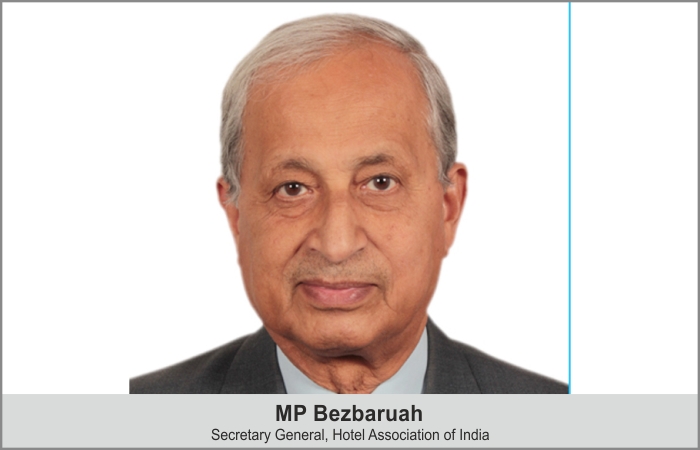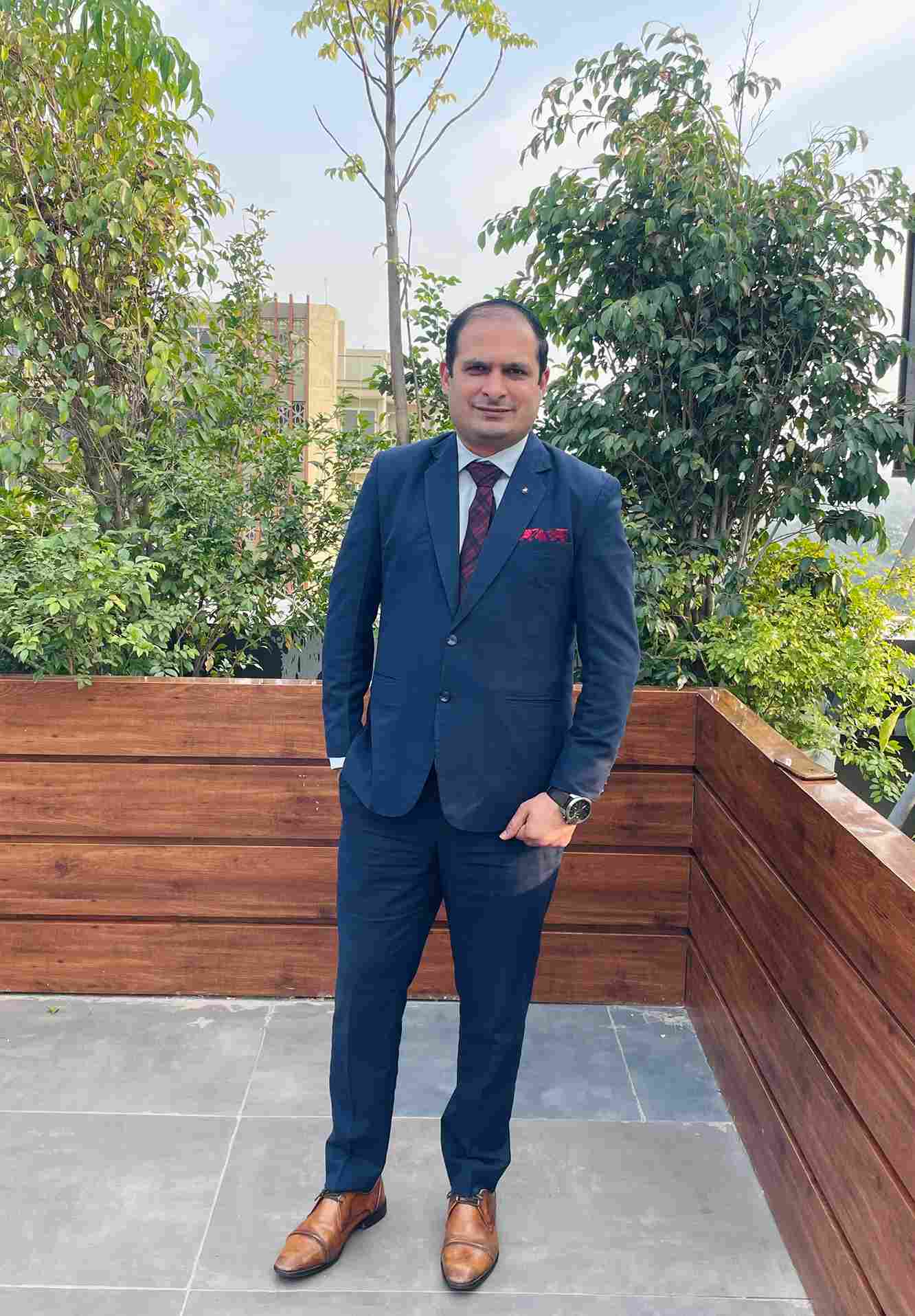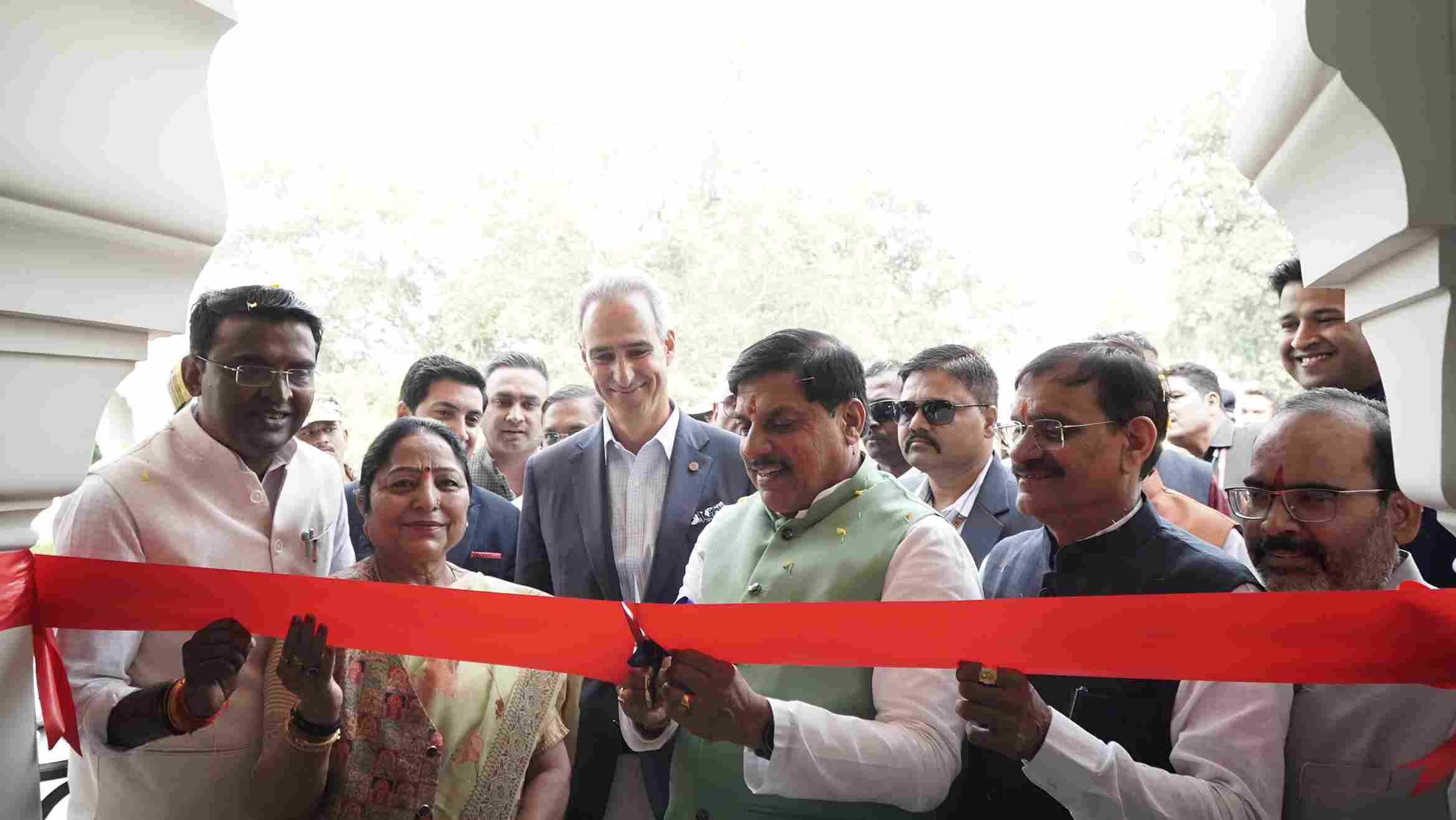According to MP Bezbaruah, Secretary General, Hotel Association of India (HAI), today liquidity is one of the biggest issues being faced by the hospitality industry, and that there is an urgent need for policy changes. He also says that the industry must focus on MOT as its mouthpiece when making a representation to other ministries.
Nisha Verma
There is no doubt that the pandemic has created one of the toughest periods for the hotel industry of India and echoing that very sentiment is MP Bezbaruah. He says, “The RBI has also agreed that hospitality and tourism are the most affected sectors. When we gave our White Paper to them, we mentioned a revenue loss of around `90,000 crore. In fact, figures are being quoted of a revenue loss to the tune of `190,000 crore by now, and these are changing every day.”
He believes that the most important thing for the hospitality industry now is liquidity. “Around 30 per cent of the cost in hotels is fixed. There is no revenue, and this cost is mounting. What we need is liquidity for past loans and new ones for current expenditures. There is a need for policy change. The moratorium has to be extended. Even investment and current liabilities of hotels must be taken care of, for which loans are needed. But, this is also a problem as banks, too, have their own systems. Hence, we have suggested that there should be a fixed interest rate based on basic points plus repo. We have also pointed out that there are small things that the government can do. For example, there are 28 compliances required for a hotel to function and 30 licences are required which must be renewed. We have suggested that the government allow us some relief by deferring them,” he recommends.
The hotel industry has supported the government in providing COVID relief in terms of offering quarantine and hospital facilities, says Bezbaruah, adding that the other contribution has been by individual hotels coming up with corporate social responsibility schemes to provide employment. “We are prepared to help the government in whatever way possible. We need to give attention to liquidity problems. Once we start, the world will be different and we will need Information Technology, Virtual Reality and Artificial Intelligence. We will not be able to survive unless we are up to date. The government should do something innovative or set up a public private partnership (PPP) so that the industry can survive and thrive in coming times,” he shares.
MOT making the right moves
Speaking about how Ministry of Tourism (MOT) is dealing with the situation, Bezbaruah says that their effort to have a round of discussions with the industry is a welcome move. However, the main issue is that the government has its own problems of finances. He also believes that while there are other ways of approaching the government for help, the industry should concentrate on MOT for its issues. “MOT is taking the lead now to focus on our problems, and we must concentrate on them to be our spokesperson. They will carry our voice to other ministries. HAI, on its part, will continue to be the mouthpiece of the hotel industry and present their problems specifically, but we will join hands with everybody else to focus on the holistic picture. We must do a lot for tourism and focus on sustainable and responsible tourism, so that people feel safe coming to India and visiting destinations here. Just like the government is talking about migrant labourers, we have to find out some security mechanism like a fund, insurance or something of the sort, for people who are likely to be vulnerable in such situations. Every industry, every hotel can think of creating a fund for its people and employees,” he believes.
HAI is in the process of organising its chapters in a way that they can all individually look into matters. With advocacy as its main idea, the Association is looking to join hands with other organisations for its issues, informs Bezbaruah.
 TravTalk India Online Magazine
TravTalk India Online Magazine





